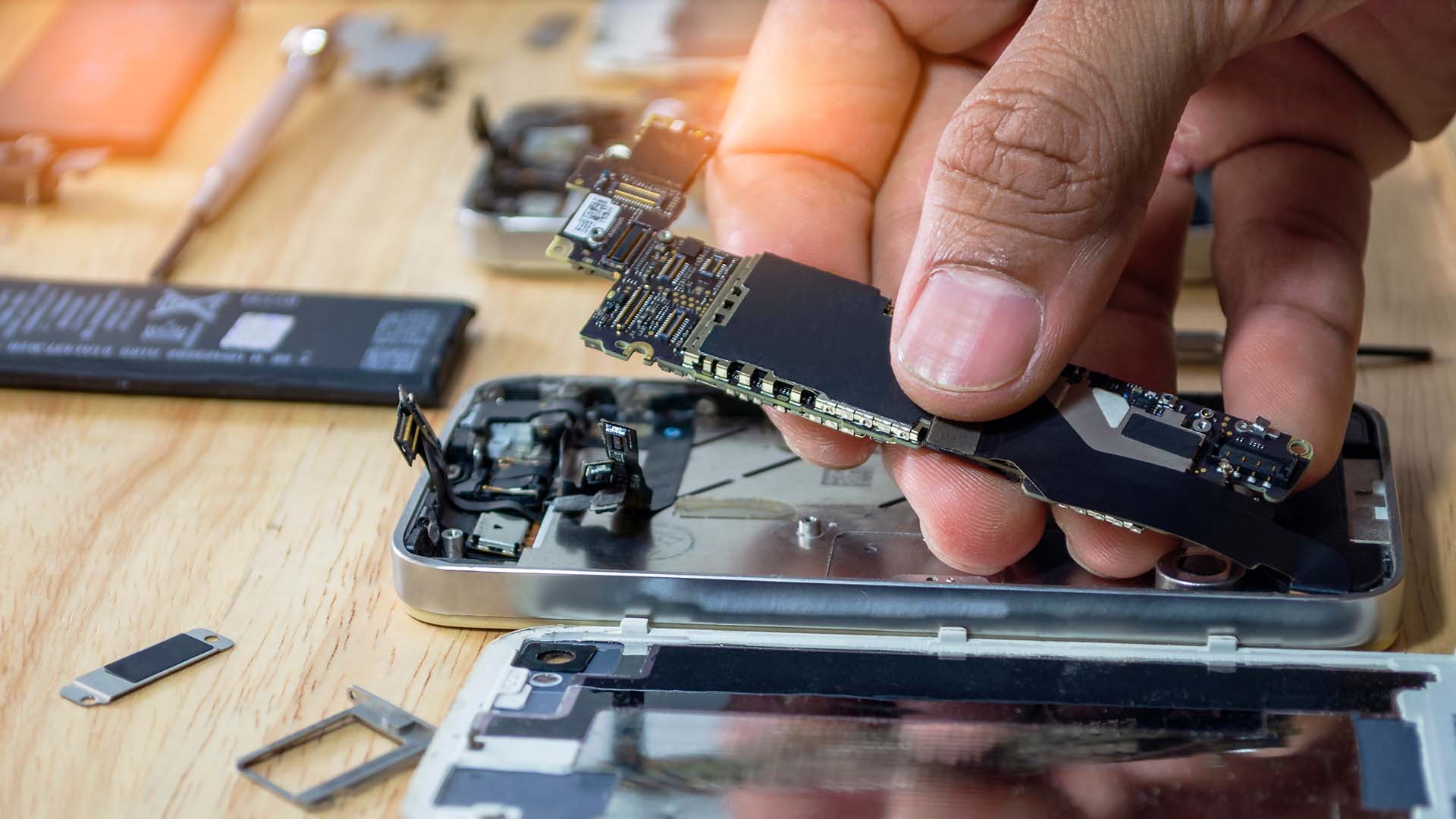
October 16, 2024
By John Jakovlic
Regulatory Compliance in Mobile Device Recycling
Among the scores of electronic devices discarded each year, mobile devices stand out—not only for their prevalence, but also their environmental impact. As organizations of all sizes strive to meet sustainability goals and regulatory requirements, understanding how to navigate the landscape of compliance in smartphone recycling is becoming a much larger area of focus.
Why Should My Organization Care About Regulatory Compliance?
Regulatory compliance in regards to mobile device recycling encompasses a range of laws and regulations designed to govern the disposal, recycling, and management of electronic devices—including smartphones and tablets. These regulations are put in place to protect the environment, safeguard data security, and promote responsible business practices. For corporations, adherence to these regulations is not just a legal obligation but a demonstration of ethical stewardship and commitment to sustainability.
Key Regulatory Frameworks in the United States
- Environmental Protection Agency (EPA): The EPA oversees the management of hazardous waste, including electronic devices like smartphones and tablets. Numerous codes under the Resource Conservation and Recovery Act (RCRA) set standards for handling and disposing of e-waste to prevent environmental contamination.
- Electronic Waste Recycling Act (California): California's unique legislation mandates that consumers and businesses properly recycle electronic devices, including smartphones and tablets, through certified recyclers. This law aims to reduce the amount of e-waste ending up in landfills and promotes recycling as a sustainable practice.
- Data Security and Privacy Regulations: Beyond environmental concerns, regulations such as the Health Insurance Portability and Accountability Act (HIPAA) in the United States impose strict requirements on the handling and disposal of personal and sensitive data contained within smartphones and tablets. The Gramm-Leach-Bliley Act (GLBA) requires financial institutions to protect consumer data. If mobile devices are used in a financial context, this regulation impacts how data is handled before recycling. Various states also have their own data protection laws that may affect how electronic devices are recycled. These laws can impose additional requirements for data deletion and consumer notifications. Effective data wiping and destruction processes are essential to comply with such laws and regulations.
Certifications and Standards
Certifications and standards play a crucial role in demonstrating compliance with regulatory requirements.
R2 (Responsible Recycling): The R2V3 certification, or Responsible Recycling Certification, is a widely recognized standard across the United States that is designed for electronics recycling facilities. It ensures that companies handle electronic waste responsibly by adhering to environmentally sustainable practices.
R2’s Key Elements:
- Environmental Stewardship: R2V3 emphasizes the safe and sustainable management of electronic waste. This includes proper recycling methods that minimize environmental impact and prevent hazardous materials from harming the ecosystem.
- Data Security: With the rise of data breaches, R2V3 mandates strict protocols for data destruction. Certified facilities must implement measures to ensure that sensitive information is securely wiped or destroyed before disposal.
- Worker Safety: The certification requires facilities to prioritize the health and safety of their employees. This includes training programs, safety equipment, and protocols to minimize workplace hazards.
- Transparency and Accountability: R2V3 certified recyclers must provide clear documentation of their processes and practices, ensuring accountability in how they manage e-waste from start to finish.
- Continuous Improvement: The standard encourages ongoing assessment and improvement of processes, ensuring that facilities stay up-to-date with industry best practices and regulatory requirements.
Implementing Smartphone Recycling Best Practices at Your Organization
Navigating regulatory compliance in mobile device recycling presents challenges, including the complexity of global supply chains and varying regulations. However, adopting the following best practices can help companies effectively manage these challenges:
- Partnering with Certified Recyclers: Choosing a reputable recycler with recognized certifications ensures compliance with all relevant environmental and data security standards.
- Enacting Transparent Protocols: Maintaining transparency in the recycling process, from collection to final disposition, fosters trust and demonstrates commitment to compliance.
- Educating Employees: Training employees on proper disposal and recycling procedures ensures that mobile devices are handled in accordance with all regulatory requirements.
Regulatory compliance is not just about meeting legal obligations but about contributing to a sustainable future. By adhering to environmental, security, and ethical standards—organizations can mitigate risks, enhance their reputation, and contribute a positive impact to the global effort of minimizing electronic waste. As regulations evolve, staying informed and proactive in compliance efforts will be crucial for businesses aiming to achieve both regulatory compliance and meeting their sustainability goals.
————————————————————————————————
e-Cycle is the trusted wireless partner for many of the largest organizations in the world. As an R2V3 certified organization, we adhere to the highest standards for environmental responsibility and worker health and safety. e-Cycle offers a simple, secure, environmentally responsible and profitable way for businesses to sell and recycle used mobile phones and tablets. Learn more at www.e-Cycle.com.
NOTE: We use cookies on this website. If you continue to access our website, we'll assume that you consent to receiving cookies in accordance with our Privacy Policy.
©2025— e-Cycle. All rights reserved.
Designated trademarks and brands are the property of their respective owners. e-Cycle is not affiliated with the manufacturers of the items available for cash buyback.